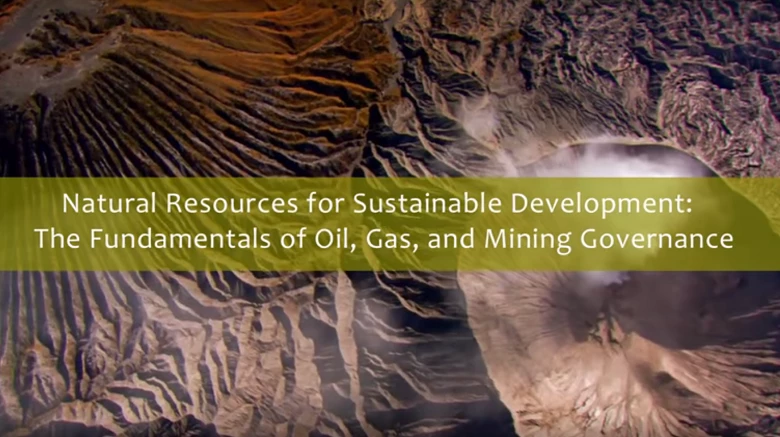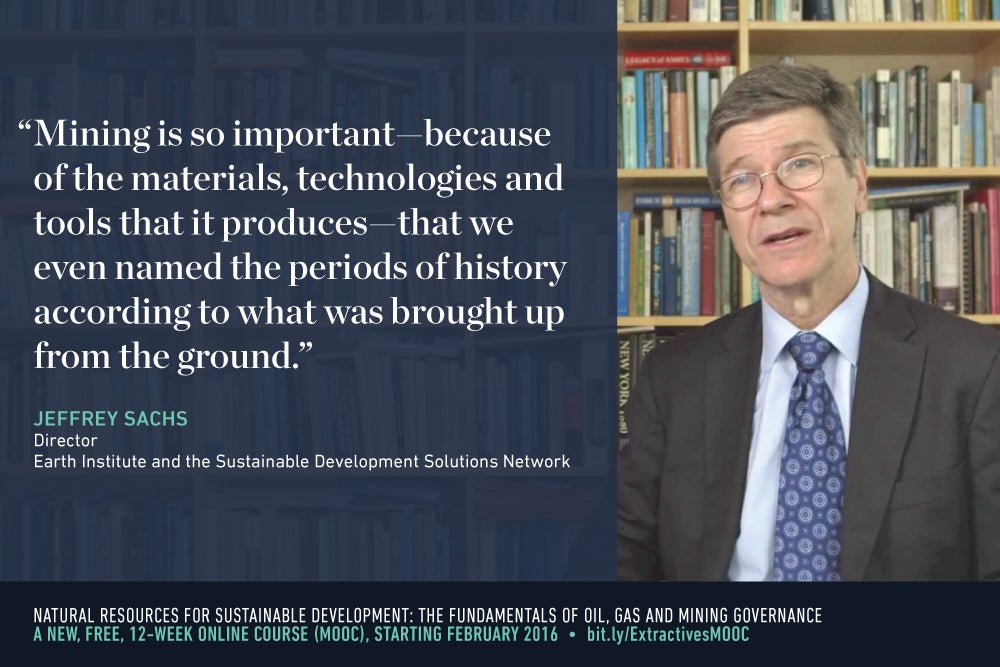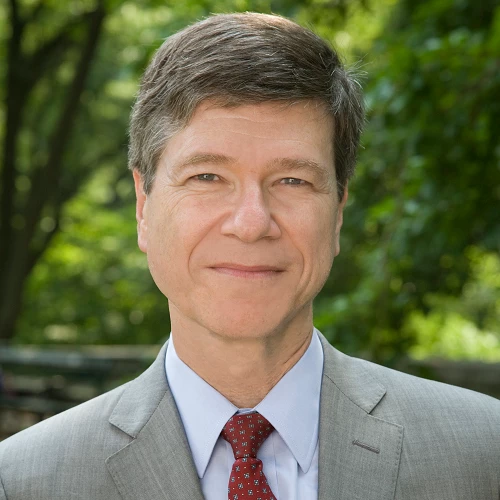
Managing these extractive industries lies at the core of managing the world economy. And these days, the challenges are greater than ever. Minerals and energy sources are keys to success and failure of economic development in many countries around the world; the proper management of this sector is critical to the social inclusion of communities around the world that are near to mining sites; and the proper management of the industry is of course essential for environmental sustainability.
A new massive open online course (MOOC) launching February 1 takes up the extractive sector in all its complexity: economics, law, social inclusion, environmental sustainability, and yes, geopolitics. We analyze how the extractive industries, if properly managed, can be a positive force for sustainable development, rather than a source of instability and inequality.
The MOOC is available worldwide, for free, to students, experts, and interested citizens alike. The course was developed by the Columbia Center on Sustainable Investment and the Natural Resource Governance Institute, in partnership with the Sustainable Development Solutions Network and with support from the World Bank Group. Those interested can register here.
The potential benefits, but also real risks of extractive-industry investment, are now widely recognized by the industry, host countries, academic experts, and civil society. Investments in extractive industries can contribute significantly to sustainable development, through the transfer of capital and technology, linkages with local industries, infrastructure development, and capacity building.
Yet the challenges of harnessing natural resources for sustainable development are great.

First, the resources in question are finite, putting a premium not only on robust and prudent management of the sector but also on the need for an inter-temporal strategy for spreading the benefits among multiple generations.
Second, there is the real risk of a “resource curse,” both economically and politically. Economically, a mismanaged extractive sector can squeeze out long-term innovation and lead to high macroeconomic volatility. Politically, the resource can be a source of conflict, even open war. The MOOC therefore delves into the challenge of achieving the “resource dividend” rather than the “resource curse.”
Third, a large extractive sector can create or exacerbate inequalities of income and social exclusion, particularly among vulnerable groups affected by mining operations including indigenous communities and women.
Fourth, both the extraction and use of minerals and energy can create massive environmental harms, by degrading landscapes, coastlines, riverbeds, and community lands ravaged by mining operations and oil rigs, including toxic spills, air and water pollution, and massive deforestation, as well as the dire threats of human-induced climate change from the combustion of fossil fuels.
The guiding questions behind this online course are:
How can extractive industry investments be leveraged for sustainable and equitable development, particularly in low-income resource-rich countries?
How can the challenges of poverty alleviation, environmental sustainability, and governance be addressed in an integrated, multi-stakeholder framework for the extractive sector?
What are the key roles and responsibilities of stakeholders in ensuring mutual accountability, effective collaboration, and shared benefits of the extractive sector?
The course describes the inter-related challenges of governance (laws and contracts, policy and planning frameworks, sound resource management, effective institutions), infrastructure (arrangements for shared platforms, corridor development), economic diversification (industrial policy, training, local procurement), environmental management (climate change resilience and adaptation, avoidance and management of catastrophic environmental events), and economic development (community engagement, investing in development).
We are thankful for the very high interest in this crucial topic. We welcome you as our new students. Enjoy the class! And share your feedback with us.
Follow #ExtractivesMOOC on Twitter.



Join the Conversation